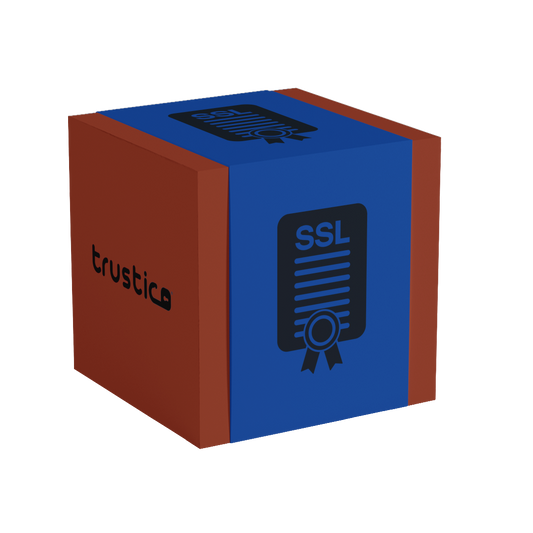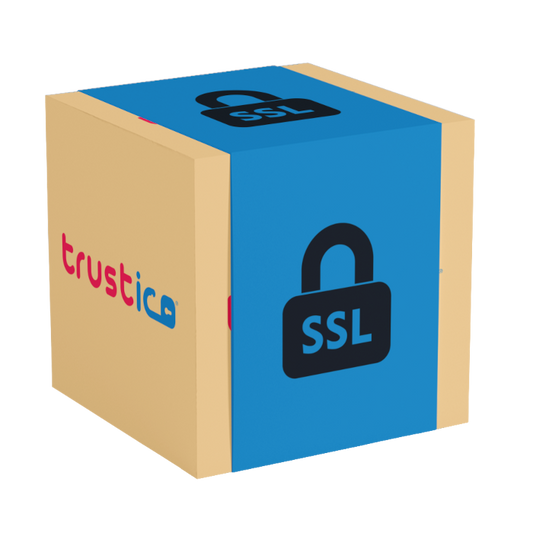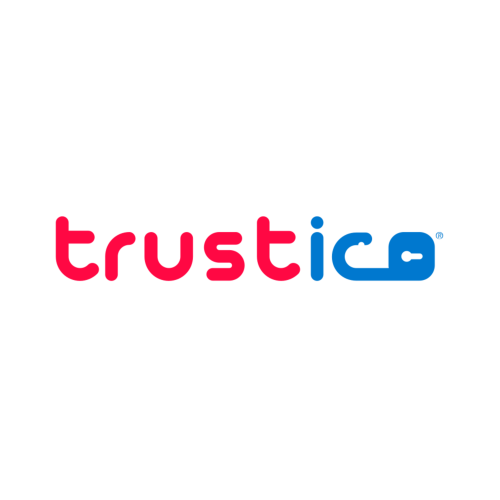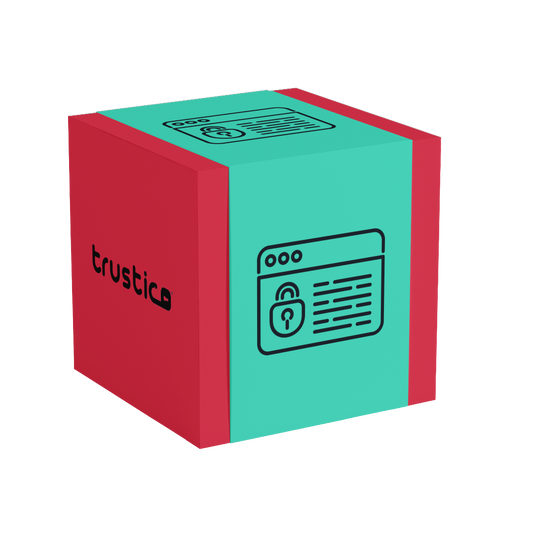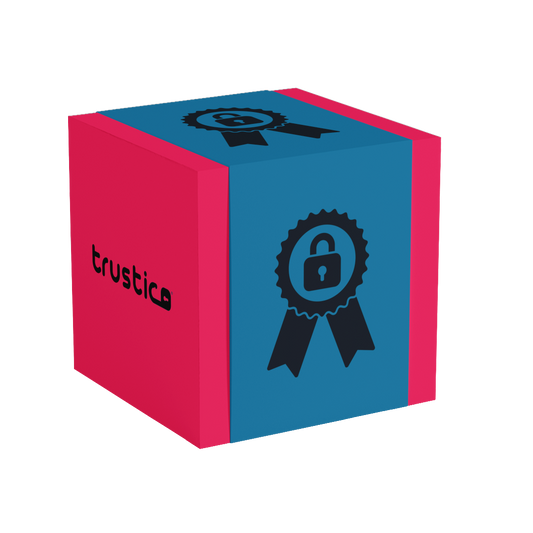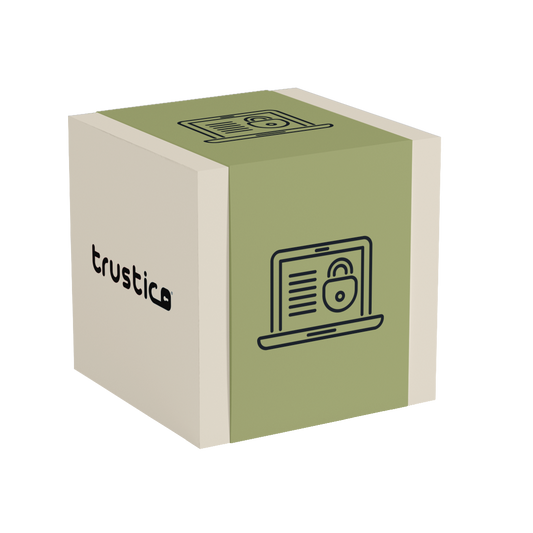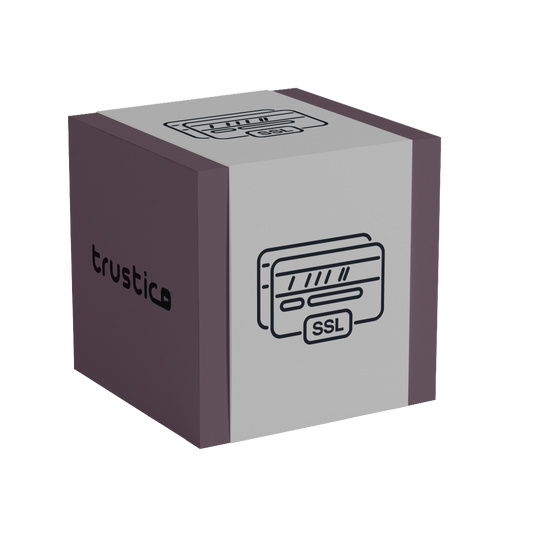Browser Ubiquity

Certificate Signing Request (CSR) Generator Tool
The Trustico® CSR Generator eliminates the complexity of command-line tools and platform-specific requirements through an intuitive web interface that guides you through each step.
Certificate Signing Request (CSR) Generator Tool
The Trustico® CSR Generator eliminates the complexity of command-line tools and platform-specific requirements through an intuitive web interface that guides you through each step.

DNS Stamp Generator and Decoder Tool
The Trustico® DNS Stamp generator simplifies creation of properly formatted stamps for any DNS resolver configuration. Users input their resolver details including protocol type, server address, and security properties through...
DNS Stamp Generator and Decoder Tool
The Trustico® DNS Stamp generator simplifies creation of properly formatted stamps for any DNS resolver configuration. Users input their resolver details including protocol type, server address, and security properties through...

SSL Certificates with Client Authentication EKU...
All Sectigo® branded SSL Certificates issued through Trustico® automatically include this capability without requiring special requests or additional configuration through May 15th, 2026.
SSL Certificates with Client Authentication EKU...
All Sectigo® branded SSL Certificates issued through Trustico® automatically include this capability without requiring special requests or additional configuration through May 15th, 2026.

Beyond the Padlock : How Customers Really Evalu...
SSL Certificates from established providers like Trustico® form the foundation of payment security trust, but customers evaluate numerous additional signals before deciding to share sensitive financial information.
Beyond the Padlock : How Customers Really Evalu...
SSL Certificates from established providers like Trustico® form the foundation of payment security trust, but customers evaluate numerous additional signals before deciding to share sensitive financial information.

Understanding Multi-Factor Authentication and T...
Multi-Factor Authentication requires users to provide two or more verification factors to gain access to resources, combining something they know, something they have, and something they are.
Understanding Multi-Factor Authentication and T...
Multi-Factor Authentication requires users to provide two or more verification factors to gain access to resources, combining something they know, something they have, and something they are.

Why Do Major Data Breaches Happen to Companies ...
Organizations suffering breaches despite having SSL Certificates typically failed in other security domains, or implemented SSL Certificates incorrectly, creating vulnerabilities that attackers leveraged for unauthorized access.
Why Do Major Data Breaches Happen to Companies ...
Organizations suffering breaches despite having SSL Certificates typically failed in other security domains, or implemented SSL Certificates incorrectly, creating vulnerabilities that attackers leveraged for unauthorized access.

